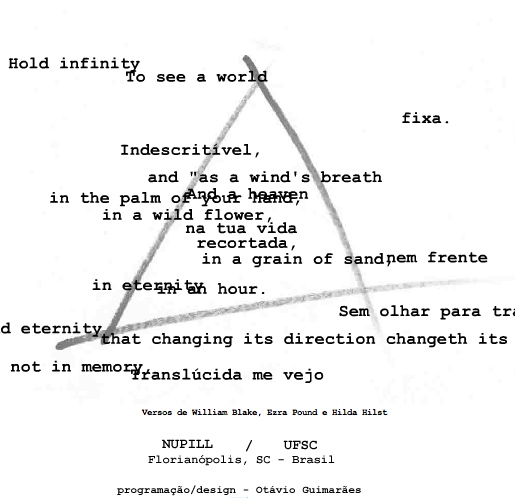I came across a long quote from Walter Ong in 1978 when he was president of the MLA – Defining the Humanities for Congress. It is interesting to look back at this and how clearly Ong saw the humanities and technology.
The humanities depend on writing and on print as well as, less directly, on newer media and although oral speech, on which all verbal communication is always ultimately based, is not a technology, writing, print, and the electronic media are all technological developments. The printing press constituted the first assembly line. The humanities need technology.
However, if the humanities need technology, technology also needs the humanities. For technology calls for more than technological thinking, as our present ecological crises remind us. Technology demands reflection on itself in relation to the entire human life world. Such reflection is no longer merely technology, it includes the humanities even though it needs to be done especially by scientists and technologies.
See also the Technology category of this Notes from the Walter Ong Collection. I particularly like the quote “Nothing is more human than artifice.“





